The purchase price of roasted peanuts in bulk can vary depending on various factors such as quantity, quality, supplier, and location. In this summary, we will explore the factors that affect the purchase price of roasted peanuts in bulk and also discuss the importance of training in the peanut industry. 1. Quantity: The purchase price of roasted peanuts in bulk is often influenced by the quantity being purchased. Generally, suppliers offer better prices for bulk orders, as buying in larger quantities allows for economies of scale. Bulk purchases also reduce transportation and packaging costs for suppliers, which can result in lower prices per unit. 2. Quality: The quality of roasted peanuts is another factor that affects the purchase price. Peanuts are graded based on factors such as size, appearance, and taste. Higher-quality peanuts generally command higher prices due to their superior taste and appearance.
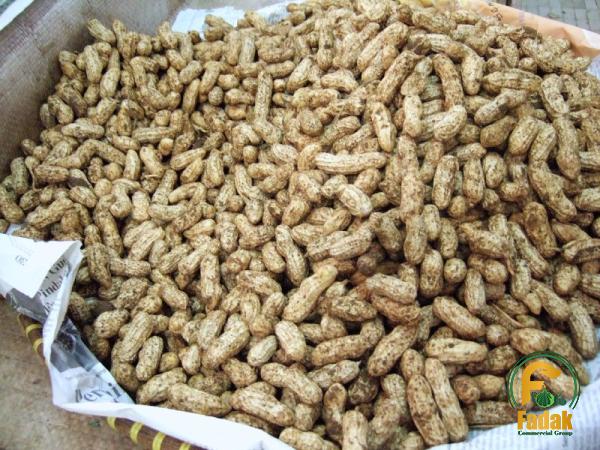
nut
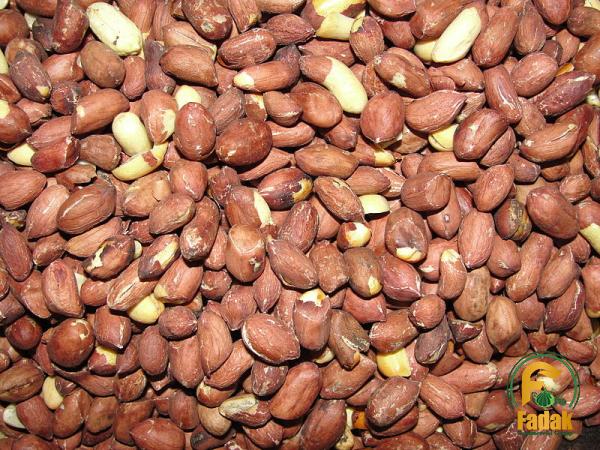 3. Supplier: The choice of supplier can greatly impact the purchase price of roasted peanuts in bulk. Different suppliers may have varying overhead costs, production methods, and market influences, which can influence their pricing strategies. It is essential to research and compare multiple suppliers to ensure the best possible price while maintaining quality standards. 4. Location: The location of the purchase can also play a role in determining the price of roasted peanuts in bulk. This is because transportation costs can vary depending on the distance between the supplier and the buyer. Suppliers who are located closer to the buyer may offer more competitive prices due to reduced transportation costs. Training is another crucial aspect of the peanut industry that should not be overlooked. Here are some reasons why training is important: 1. Knowledge and expertise: Training provides individuals with the necessary knowledge and expertise to navigate the peanut industry successfully. It helps them understand the complexities of the business, including market trends, pricing strategies, quality control, and food safety regulations.
3. Supplier: The choice of supplier can greatly impact the purchase price of roasted peanuts in bulk. Different suppliers may have varying overhead costs, production methods, and market influences, which can influence their pricing strategies. It is essential to research and compare multiple suppliers to ensure the best possible price while maintaining quality standards. 4. Location: The location of the purchase can also play a role in determining the price of roasted peanuts in bulk. This is because transportation costs can vary depending on the distance between the supplier and the buyer. Suppliers who are located closer to the buyer may offer more competitive prices due to reduced transportation costs. Training is another crucial aspect of the peanut industry that should not be overlooked. Here are some reasons why training is important: 1. Knowledge and expertise: Training provides individuals with the necessary knowledge and expertise to navigate the peanut industry successfully. It helps them understand the complexities of the business, including market trends, pricing strategies, quality control, and food safety regulations.
Specifications of nut
 With the right training, individuals can make informed decisions regarding the purchase of roasted peanuts in bulk. 2. Quality control: Training plays a vital role in ensuring the quality of roasted peanuts. Proper training equips individuals with the skills to identify and select high-quality peanuts, which is essential for businesses that prioritize product quality and customer satisfaction. It also helps individuals understand and implement quality control measures to minimize the risk of contamination or spoilage. 3. Cost-effective practices: Training can educate individuals on best practices for cost-effective operations. This includes optimizing production processes, minimizing waste, and implementing efficient inventory management systems. By understanding these practices, businesses can reduce costs and maximize profit margins. 4. Food safety: Training helps individuals understand and comply with food safety regulations. The peanut industry is subject to various safety standards and protocols to ensure that peanuts are processed, handled, and stored in a safe manner. Training ensures that individuals are aware of these regulations, and it equips them with the knowledge to maintain a safe and hygienic environment throughout the entire production process.
With the right training, individuals can make informed decisions regarding the purchase of roasted peanuts in bulk. 2. Quality control: Training plays a vital role in ensuring the quality of roasted peanuts. Proper training equips individuals with the skills to identify and select high-quality peanuts, which is essential for businesses that prioritize product quality and customer satisfaction. It also helps individuals understand and implement quality control measures to minimize the risk of contamination or spoilage. 3. Cost-effective practices: Training can educate individuals on best practices for cost-effective operations. This includes optimizing production processes, minimizing waste, and implementing efficient inventory management systems. By understanding these practices, businesses can reduce costs and maximize profit margins. 4. Food safety: Training helps individuals understand and comply with food safety regulations. The peanut industry is subject to various safety standards and protocols to ensure that peanuts are processed, handled, and stored in a safe manner. Training ensures that individuals are aware of these regulations, and it equips them with the knowledge to maintain a safe and hygienic environment throughout the entire production process.
buy nut
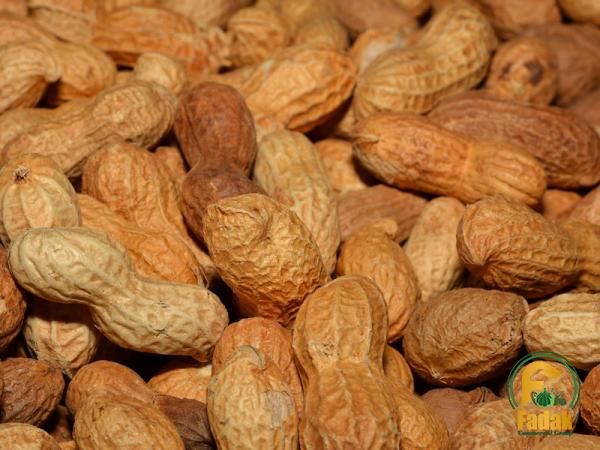 5. Market knowledge: Training provides individuals with insights into market trends, consumer preferences, and competitors’ activities. This knowledge is essential for making informed business decisions, such as pricing strategies, product development, and market expansion. Training helps individuals stay updated with the latest industry developments, ensuring that their businesses remain competitive. In conclusion, the purchase price of roasted peanuts in bulk is influenced by factors such as quantity, quality, supplier, and location. Buying in bulk and choosing high-quality suppliers can help businesses secure better prices. However, it is essential to consider other factors such as transportation costs and market competitiveness. Additionally, training plays a crucial role in the peanut industry by providing individuals with the necessary knowledge and expertise to make informed purchasing decisions, ensure quality control, implement cost-effective practices, comply with food safety regulations, and stay informed about market trends. By investing in training, businesses can effectively navigate the peanut industry and position themselves for success.
5. Market knowledge: Training provides individuals with insights into market trends, consumer preferences, and competitors’ activities. This knowledge is essential for making informed business decisions, such as pricing strategies, product development, and market expansion. Training helps individuals stay updated with the latest industry developments, ensuring that their businesses remain competitive. In conclusion, the purchase price of roasted peanuts in bulk is influenced by factors such as quantity, quality, supplier, and location. Buying in bulk and choosing high-quality suppliers can help businesses secure better prices. However, it is essential to consider other factors such as transportation costs and market competitiveness. Additionally, training plays a crucial role in the peanut industry by providing individuals with the necessary knowledge and expertise to make informed purchasing decisions, ensure quality control, implement cost-effective practices, comply with food safety regulations, and stay informed about market trends. By investing in training, businesses can effectively navigate the peanut industry and position themselves for success.

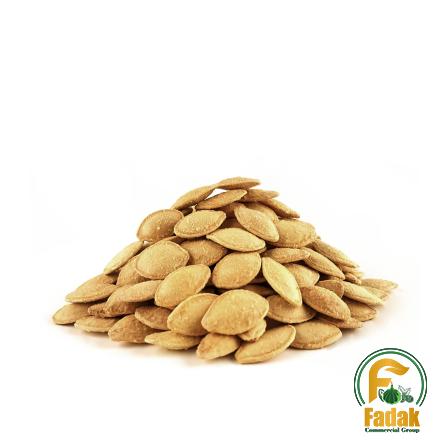


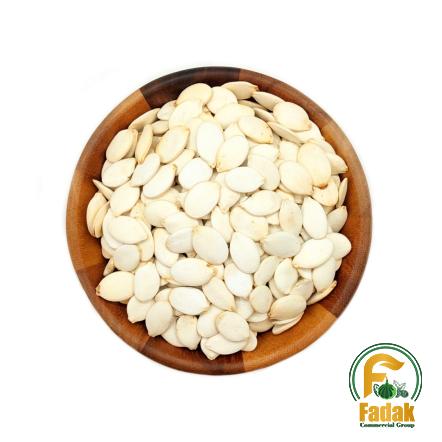





Your comment submitted.